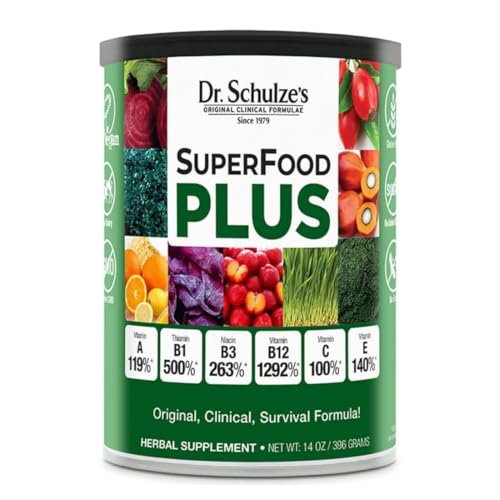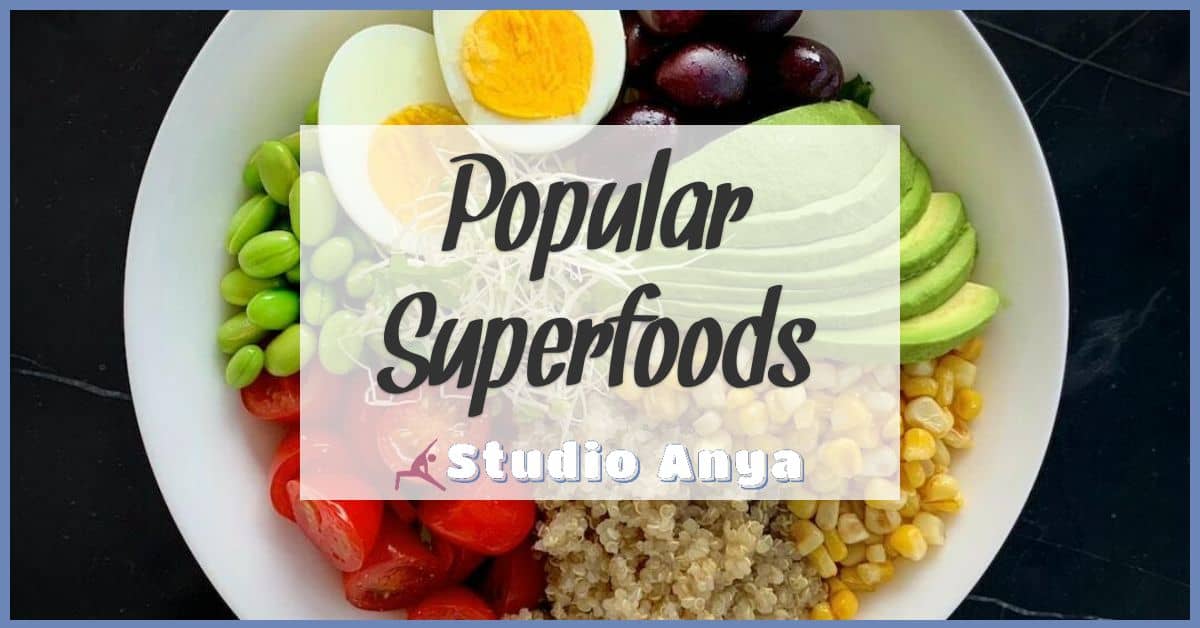When it comes to fueling our bodies, choosing the right proteins can make all the difference. Lean proteins are not just healthy; they’re versatile and delicious too. I’ve found that incorporating these nutrient-packed options into my meals has truly transformed my eating habits and overall well-being.
Understanding Lean Proteins
Incorporating lean proteins into a healthy diet supports my passion for wellness. Lean proteins provide essential nutrients while keeping fat intake low, making them perfect for those looking to enhance their well-being through balanced nutrition.
What Are Lean Proteins?
Lean proteins are food sources that contain minimal saturated fat. Common examples include chicken breast, turkey, fish, legumes, and low-fat dairy products. These options offer vital amino acids necessary for muscle repair and overall body function while being lighter on calories. Choosing foods from this group helps maintain energy levels during yoga and meditation practices.
Benefits of Lean Proteins
Lean proteins come with numerous health benefits.
- Weight Management: They aid in satiety, helping control hunger levels while easily fitting into a low-calorie diet.
- Muscle Development: Consuming these proteins supports muscle recovery and growth, crucial for improving strength and flexibility in yoga.
- Heart Health: Low saturated fat content reduces the risk of heart disease, aligning with a holistic approach to health.
- Metabolic Boost: Protein digestion requires more energy, boosting metabolism, which can complement a fitness routine.
Integrating these nutritious options into meals encourages a balanced lifestyle that enhances both physical and mental well-being.
Top Choices for Lean Proteins
Selecting lean proteins plays a vital role in maintaining a healthy lifestyle. Incorporating these options in your diet supports both physical energy and mental clarity, which align beautifully with my practices of yoga and meditation.
Poultry Options
Chicken and turkey rank among my top choices for lean proteins. Chicken breast contains about 31 grams of protein per 100 grams, making it an excellent option for muscle repair and growth. Turkey, similarly, offers roughly 29 grams of protein per 100 grams, with lower fat content than other meats. Both are versatile and can be grilled, baked, or added to salads, combining easily with various spices for flavorful meals.
Seafood Selections
Seafood delivers high-quality lean protein while providing essential omega-3 fatty acids, which support heart health. Salmon, for instance, contains about 25 grams of protein per 100 grams and boasts numerous health benefits, including reducing inflammation. Other options like cod and shrimp also provide about 20 grams of protein per 100 grams, making them ideal for light, nourishing dishes. Incorporating fish into my meals often enhances my energy levels, complements my yoga practice, and contributes to overall well-being.
Plant-Based Proteins
Plant-based proteins offer a profound benefit for those focused on a holistic lifestyle. Options like lentils, chickpeas, and quinoa provide essential amino acids while being low in fat. For example, cooked lentils deliver around 9 grams of protein per 100 grams, making them a great addition to soups or salads. Even tofu packs in 8 grams of protein per 100 grams and absorbs flavors from various dishes beautifully. Incorporating these proteins nurtures both the body and spirit, promoting balance and sustainability without compromising well-being.
Emphasizing these lean protein choices in meals supports a well-rounded approach to health, seamlessly integrating with yoga and meditation practices.
Incorporating Lean Proteins into Your Diet
Incorporating lean proteins into your diet is a simple yet effective way to enhance your overall health and support your yoga practice. These proteins feed your body while promoting physical strength and mental clarity. Here are some meal ideas and tips to make lean proteins a staple in your everyday nutrition.
Meal Ideas and Recipes
- Grilled Chicken Salad: Toss grilled chicken breast with fresh greens, cherry tomatoes, cucumber, and a light vinaigrette. This dish combines protein and vitamins, fueling your day.
- Quinoa Buddha Bowl: Create a nourishing bowl with cooked quinoa, black beans, diced bell peppers, and avocado. Top it with a squeeze of lime juice and cilantro for extra flavor.
- Baked Salmon with Asparagus: Bake salmon fillets seasoned with herbs and lemon alongside asparagus spears. This meal offers healthy fats and essential nutrients, perfect for post-yoga recovery.
- Egg White Omelet: Prepare an omelet with egg whites, spinach, and mushrooms. Serve it with whole-grain toast for a protein-packed breakfast that supports energy levels.
- Lentil Soup: Cook a hearty lentil soup with carrots, celery, and various spices. It’s a comforting dish that provides plant-based protein and fiber.
Tips for Choosing Lean Proteins
- Opt for Skinless Poultry: Choose options like chicken or turkey breast without the skin to minimize fat content.
- Select Seafood Wisely: Focus on fatty fish like salmon and mackerel for their omega-3s, while also including lean fish like cod and tilapia for variety.
- Explore Legume Varieties: Incorporate a mix of legumes such as chickpeas, black beans, and lentils. Their plant-based protein aids digestion and balances blood sugar.
- Consider Low-Fat Dairy: Look for low-fat or fat-free options, such as Greek yogurt or cottage cheese, packed with protein and calcium.
- Experiment with Tofu and Tempeh: Include tofu or tempeh in meals for a versatile source of plant protein, rich in amino acids.
With these meal ideas and tips in mind, integrating lean proteins into your diet becomes an enjoyable process. Balancing your meals with these nutritious options can support both your physical and mental well-being, enhancing your yoga and meditation journey.
Nutritional Considerations
Understanding the nutritional aspects of lean proteins enhances the effectiveness of a healthy lifestyle, particularly when paired with yoga and meditation practices.
Protein Requirements for Different Age Groups
Protein needs vary significantly across different age groups.
- Children: Require protein for growth and development, about 0.95 grams per kilogram of body weight daily. Lean meats, fish, and legumes provide essential nutrients for their active lifestyles.
- Teens: Experience rapid growth and higher muscle mass, needing around 0.85 grams per kilogram. Incorporating options like poultry and low-fat dairy into their meals supports this development.
- Adults: Benefit from around 0.8 grams per kilogram to maintain muscle mass and overall health. Choosing sources like turkey and fish ensures adequate intake without excess fat.
- Seniors: Often require slightly higher protein, around 1.0 to 1.2 grams per kilogram, to preserve muscle mass and strength. I recommend focusing on lean options to support mobility and health.
Balancing Lean Proteins with Other Nutrients
Balancing lean proteins with other nutrients is crucial for holistic wellness.
- Carbohydrates: Provide energy for yoga and daily activities. Pairing lean proteins with whole grains like quinoa or brown rice fuels sustained energy levels.
- Healthy Fats: Support overall health. Including sources like avocado or nuts in meals enhances nutrient absorption, especially when consuming proteins.
- Vitamins and Minerals: Found in fruits and vegetables, these enhance the body’s functionality. Including colorful vegetables in every meal complements lean proteins and promotes optimal health.
Incorporating a diverse array of these nutrients creates a well-rounded diet that supports my yoga practice and enhances meditation clarity.
Conclusion
Embracing lean proteins has truly transformed my approach to eating and wellness. They not only support my physical health but also enhance my overall well-being. With so many delicious options available it’s easy to incorporate them into my daily meals.
I love how versatile these proteins are and how they fit seamlessly into my lifestyle. Whether I’m whipping up a quick chicken salad or enjoying a hearty lentil soup there’s always a way to enjoy the benefits of lean proteins. By making mindful choices and balancing my meals I feel more energized and focused in my daily activities.







